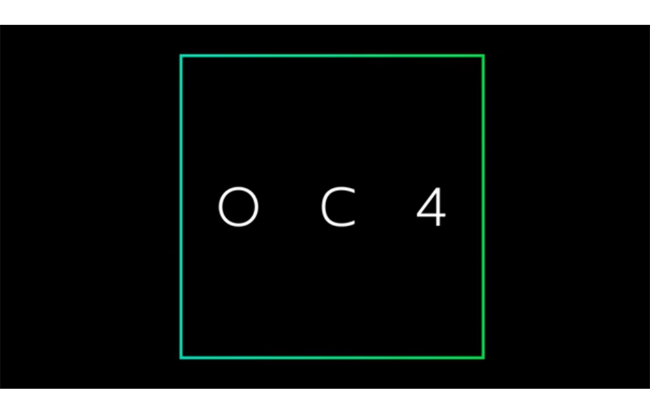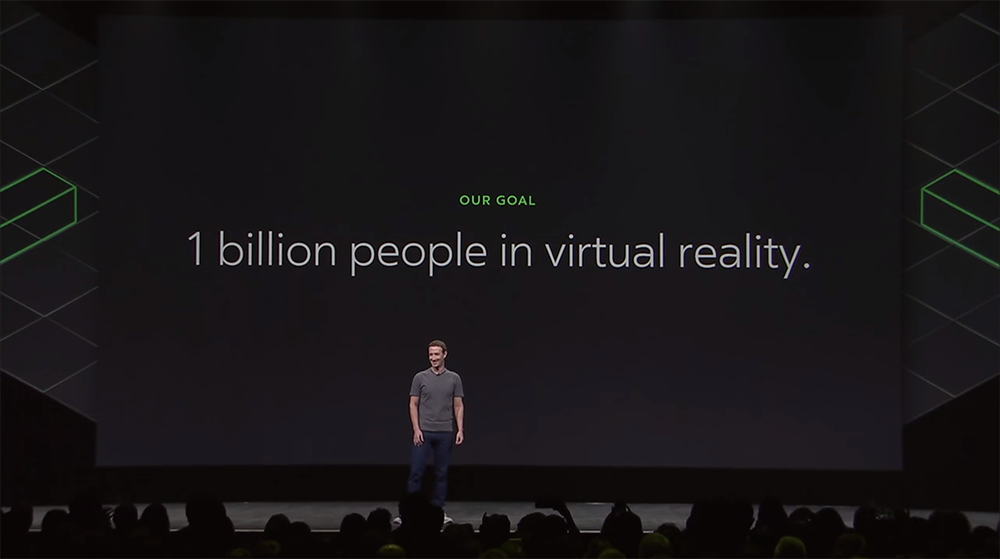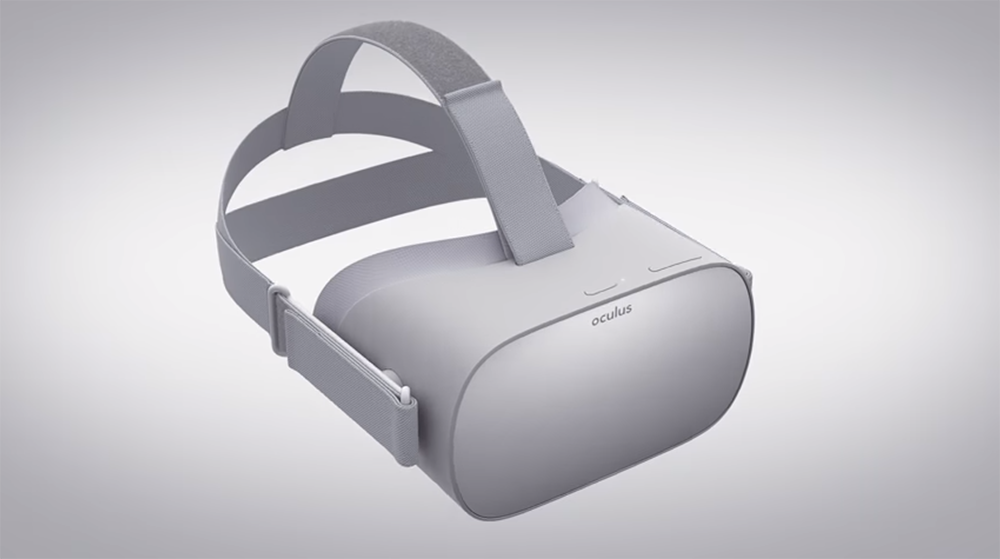
18 Oct Oculus Connect 4: What You Need to Know
Oculus Connect happened last week in San Jose, California and so much news came out of the event that we had to make note of the most important announcements to the virtual reality industry. Facebook has done a solid job at promoting their own growth with announcements and events surrounding their 2014 virtual reality acquisition, Oculus, at their annual conference. Here are our top picks for things you should know coming out of OC4.

Oculus Go
No, it’s not a VR version of Pokémon GO (although that would be pretty cool). Oculus Go is the standalone virtual reality headset by Oculus that will sell at the low, low price of $199. By standalone, we mean that it doesn’t require an external phone to run (like Samsung Gear VR or Google Daydream). This is exciting news for people who want a mobile VR device but don’t want to tie up their personal phone for use. We can also imagine that the device will be more optimized than the current smartphone alternatives since there will be no unnecessary background apps running. The system and processing power will be fully dedicated to VR programming.

Oculus For Business
For companies like Futurus (and our customers), any hardware company that has special packages for enterprise use is an added bonus. Oculus is now focusing on another large sector of their users – professionals. We work exclusively in producing content for businesses, whether it’s marketing, training or testing related, and having hardware support at an enterprise level is a huge asset. Oculus will now sell bundles for $900 which includes dedicated customer support for businesses.
Spark in VR
Cisco released Spark in VR for Oculus and led a session called “Unlocking Business Potential Through VR.” The business software Spark, which is now available in virtual reality, is an “all-in-one tool for messaging with colleagues, voice calls, video, and more.” The future of collaboration and workplace interaction is heading in a virtual direction. With products like Spark supporting virtual reality platforms, that transition is sooner than people think.
Project Santa Cruz
While Project Santa Cruz was not a release, it was an announcement of hardware development moving in the right direction. Oculus is now working on an untethered, positionally tracked, stand-alone headset. The product will also include fully tracked hand controllers. A headset like this would mean mobility and ease of setup, with the six degrees of freedom (6DOF) that traditionally tethered devices – like the Oculus Rift – provide. There is no specific release date, but it is promising news that Oculus is currently working on such a device.

With all of these announcements, virtual reality is continuing to progress in a positive direction, as predicted. We’re constantly striving to stay at the forefront of integrating these innovative products into the services we offer. If you have questions about how your business can use virtual reality or would like to schedule an educational session for your team, please reach out via our contact form.




